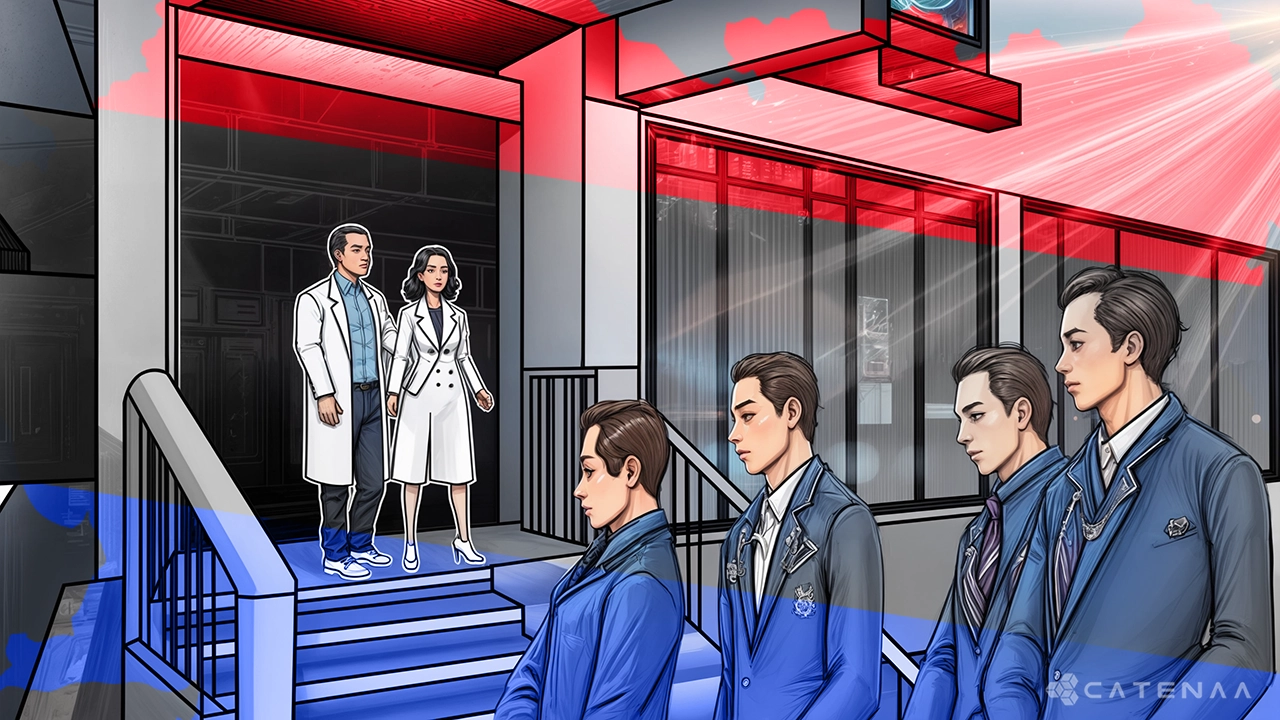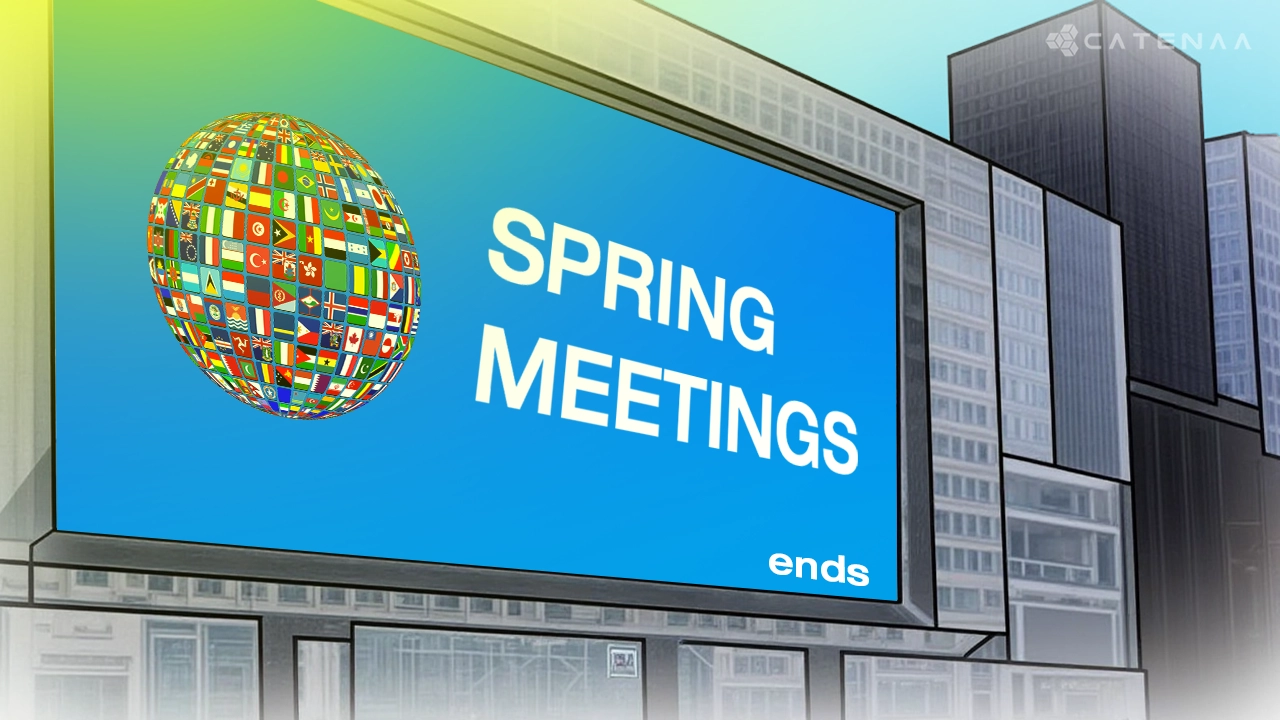Catenaa, Monday, May 12, 2025- France and the European Union are intensifying efforts to attract US-based scientists who are concerned about the Trump administration’s policies impacting academia.
As part of the initiative, French President Emmanuel Macron and European Commission President Ursula von der Leyen are expected to announce new incentives and protections for researchers wishing to relocate to Europe.
The announcement, set for Monday at Sorbonne University in Paris, will come as part of a broader strategy to position Europe as a welcoming space for academics facing challenges in the United States.
The event will highlight the continent’s commitment to academic freedom and research, with Macron’s office stating that Europe offers a “stable space” for intellectual exploration without restrictions on topics.
France is particularly eager to draw scientists focusing on health research, climate science, and artificial intelligence. In line with this, Macron and von der Leyen will join other European leaders to introduce “Choose Europe for science” and related programs, which are expected to offer financial incentives, research support, and legal protections for foreign scholars.
The push comes after several European nations, including France, Germany, and Spain, urged the European Commission to act swiftly in attracting top-tier academic talent. Macron’s government already launched “Choose France for science” in April, offering a platform for international researchers to apply for positions in French research institutions.
While Europe’s investment in research has traditionally lagged behind the US, the ongoing turmoil in American academia presents an opportunity for Europe to bolster its scientific workforce.


